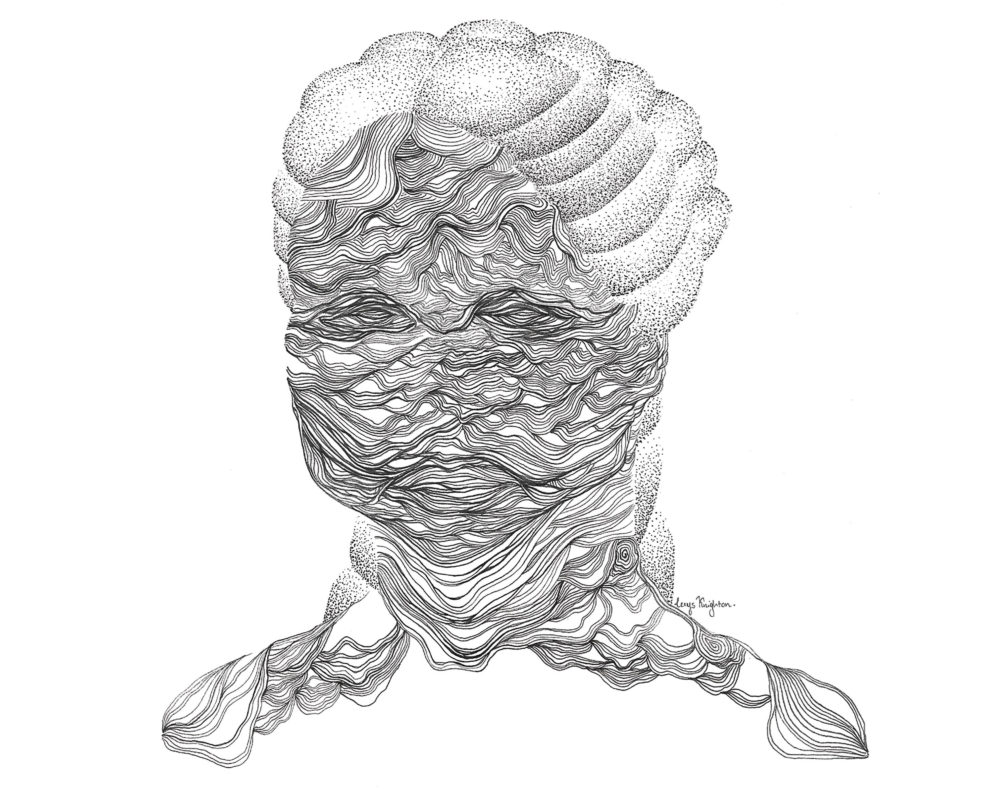Cerys’ story
Cerys is an artist and a postgraduate student at Cardiff University. She’s also a Research Champion for NCMH, helping spread the word about our research. This is her story:
I have recently finished my master’s degree at Cardiff University, where I focused my research in the field of medical humanities. I also work as a book illustrator and have been working on my personal artwork around university studies and work.
During my master’s degree, I began to examine the social construction of mental illness, and I was surprised to find such little work looking at manic-depressive illness.
I hoped to start addressing this gap in research with my master’s thesis, which considered representations of manic-depressive illness in the nineteenth century by examining archival medical cases from hospitals and medical journals concurrently with literary texts. My aim is to continue this research at PhD level.
I use my personal art to depict this work. My aim is to make the findings of my research accessible to anyone through exhibiting my art alongside seminar talks and workshops with experts in the fields of medical humanities, psychiatry and neuroscience. I also depict my own experiences of manic-depressive illness to try to overturn misconceptions and to raise awareness of bipolar disorder.

I began this work with my debut solo exhibition at Insole Court, entitled ‘Drawing Bipolarity’. Alongside the exhibition, I arranged seminar talks with professors from Cardiff University, as well as a researcher from NCMH, to look at manic-depressive illness from the nineteenth century up to present day. This use of the art and the research has had a really positive reaction so far, with coverage by the BBC and Radio Cardiff, as well as publications such as The Western Mail, Buzz Magazine and The Glamorgan GEM.
I wanted to volunteer for this research because I found it really comforting to know that such important scientific research was happening so close to home, and I wanted to be a part of it in any way I could.
I felt daunted at first, because sometimes when you talk to mental health professionals it can feel like they’re trying to steer you in a certain direction, as opposed to listening to you on an individual level.
This wasn’t the case at all with NCMH – the two people interviewing me made me feel really comfortable, and I felt like they were really listening to what I had to say. Also, while I am used to getting my blood taken, I don’t think anyone has ever taken a blood sample as easily as my interviewer!
I would definitely recommend taking part in this research to others. I think it is so important to do what we can to improve medical resources, treatment and diagnosis for the future, and it is great to be a part of a study that also works to reduce the stigma around mental illness.
I first experienced symptoms of bipolar disorder at eleven years old, and it was so difficult to know what was happening because the awareness of bipolar just wasn’t there. I hope to do whatever I can to improve that awareness and to overturn misconceptions, so that anyone in a similar position can receive the support and treatment they need, on both a medical and social level.
